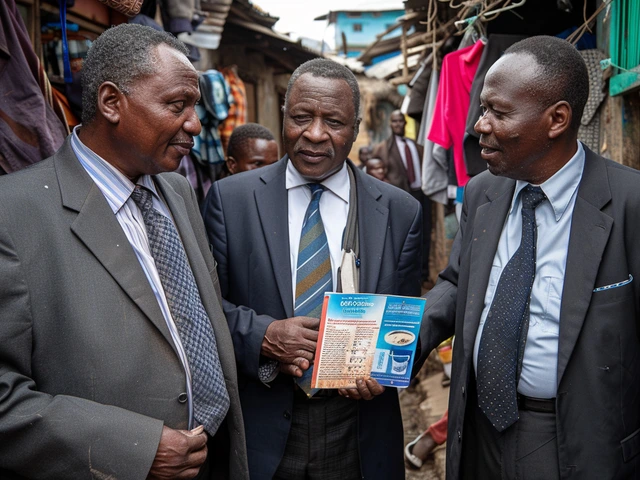USD Conversion in Ethiopia: A Practical Guide for Salaries, Expenses, and Investing
Ever wondered what an Ethiopian salary or rent amounts to in dollars? You’re not alone. The USD conversion question pops up all the time, especially for people weighing job offers, potential investments, or planning a move to Ethiopia. Getting a grip on the exchange rate is step one—you can’t compare costs, gauge wealth, or make smart money moves without it.
So, what’s the real deal with Ethiopian Birr (ETB) and US Dollar (USD) conversions? Exchange rates shift constantly. The official rate might be different from what people actually get at local money changers, banks, or international apps, so it pays to double-check before taking any financial steps. Sites like XE, OANDA, or the National Bank of Ethiopia keep people updated, but savvy locals know rates can sometimes be better (or worse) on the street.
Salaries in Ethiopia look totally different when you do the math. For example, a monthly wage of 15,000 ETB may sound generous locally, but when converted (let’s say the rate is around 55 ETB to 1 USD), that's about $270. This small number in dollars surprises newcomers—expectations set by US or European standards just don’t match daily life in Ethiopia. The cost of living, however, is far lower. Local rent, food, and essentials often cost a fraction of what you’d pay abroad. That’s why understanding both numbers is key: compare what you’ll earn, what things cost in birr, and only then translate that into dollars to get the true picture.
For expats, freelancers, or digital nomads earning in dollars but spending in birr, the exchange rate can make a big difference. Sometimes, a weakening birr means your dollars stretch further. For locals paid in birr, a strong dollar can make imports—and anything priced internationally—pricier. Investors eyeing sectors like agriculture, tech, or property also need to understand this dynamic. Small currency swings can mean big wins or losses, especially for larger amounts.
Now, what about sending or receiving money in Ethiopia? Services like Western Union, MoneyGram, and some digital wallets can convert dollars to birr (and vice versa), but fees vary, and PayPal doesn’t officially work for local accounts yet. Always check which methods are legal and what rates apply—sometimes ‘convenience’ eats away at your dollars more than you expect.
Here’s another twist: public sector jobs, factory work, or professional positions—what sounds good in birr often sounds low in dollars, but daily life in Ethiopia adjusts around the real value of the birr, not the dollar. Owning a house, buying a car, or even planning travel abroad means USD conversion becomes a practical necessity. The same goes for investors who want to see what their money is really worth after converting back and forth between currencies.
Don’t just take an advertised salary or price at face value—think in both ETB and USD before making a decision. Knowing the regular fluctuations in the exchange rate, how local pricing works, and the practical impact on your lifestyle or business is the smartest way to get ahead in Ethiopia’s economy.





